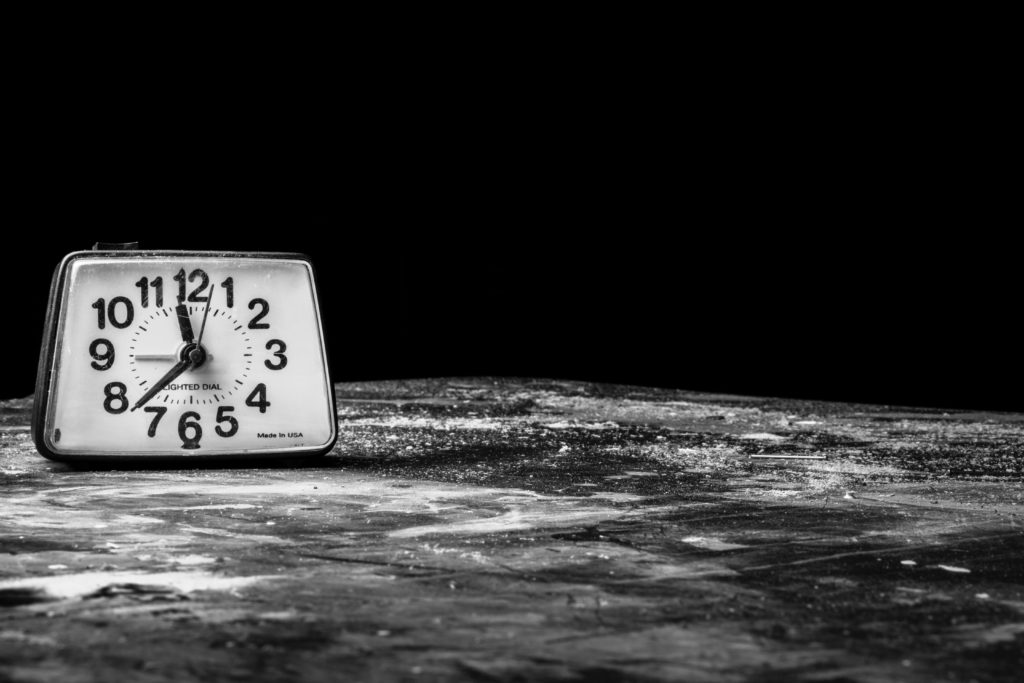
Of course not! But if you find yourself dosing with coffee just to stay awake, or otherwise feel sleep-deprived during the day, it’s likely impacting your work life and your personal life.
Why is it so challenging to get that full eight hours of rack time?
Between work, family, and social obligations, late-night social media habits, and more, many people have grown accustomed to getting only four or five. In fact, a recent article in the Harvard Business Review highlighted that a growing percentage of U.S. executives aren’t getting the sleep they need.
Paradoxically, for many leaders, sleep deprivation has become a sort of badge of honor. You’re sleeping less, so you must be working harder and getting more done — right?
Wrong.
Psychology Today recently presented findings from a study in the Journal of Experimental Psychology: General. Participants who were sleep-deprived reported more anger while completing a simple task than participants who got an adequate amount of sleep.
Why does this matter for leaders like you?
Because according to a recent National Health Interview Survey, sleep deprivation not only hurts a leader’s individual performance, it also affects the performance and psychological stability of those they lead.
It’s the “snowball effect”: When leaders don’t get enough sleep, their behavior is affected. This affects their employees, which may cause them to get less sleep, thus affecting their behavior. As well, the stress many leaders are under — even if they don’t feel it because they’ve grown accustomed to it (not a healthy reality, but it’s true) — can spread around an office or team like an actual virus.
When researchers observed 88 leaders and their subordinates, they found that bosses who slept poorly were more likely to mistreat employees. That resulted in subpar performance among all members of the team.
If you’re not sleeping well, consider these “sleep hygiene” tips:
- Don’t use social media at least one hour before bedtime. It activates the brain and can make it much more difficult to wind down.
- Keep a notepad on a bedside table. That way, if you have a thought about something you don’t want to forget. Often, those mental “loose ends” can keep people awake.
- Go to bed at the same time every night, and aim for 8 hours of sleep, leaving 30 minutes to actually fall asleep. Can’t find the time? It’s time to reorganize your life so you do.
- Dim/cover electronic clocks that are too bright, make sure the room is as dark as possible, and avoid drinking anything too close to bedtime.
If you have persistent sleep problems or have been told by a bed partner that you snore or seem to awaken during the night, see a sleep specialist for a sleep study to determine if sleep apnea is impacting your rest.
Jeff Bezos was quoted in the article as an advocate for adequate sleep, “Making a small number of key decisions well is more important than making a large number of decisions. If you shortchange your sleep, you might get a couple of extra ‘productive’ hours, but that productivity might be an illusion.”
Make getting a good night’s rest a priority. Not only for your own health, but for the well-being of everyone else around you.
Question: What are your tips for getting a good night’s sleep?

I take coffee every night. It does not affect my sleep.
My father was in the Navy and developed quite a tolerance for caffeine while serving … he could drink a cup of coffee and go right to sleep.